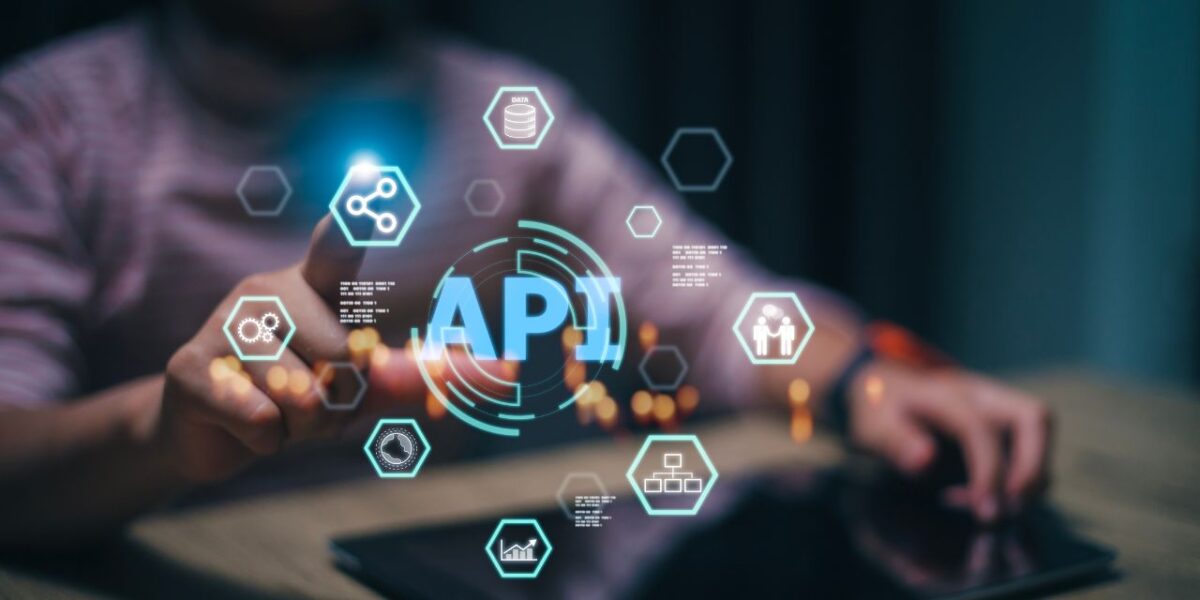Artificial intelligence (AI) is radically transforming the digital marketing landscape. In 2024, AI is expected to play a crucial role in content creation, campaign personalization, and strategy optimization. In this article, we will explore how AI is revolutionizing digital marketing, the benefits it offers, and the challenges it presents.
The Rise of AI in Marketing
The adoption of AI in digital marketing has grown exponentially in recent years. According to a HubSpot report, 64% of marketers are already using AI, and 38% plan to start in 2024 (HubSpot Blog). AI is quickly becoming the ultimate marketing assistant, facilitating various tasks from content generation to data analysis.
AI-Driven Content Generation
One of the most popular uses of AI in marketing is content generation. Tools like OpenAI’s GPT-4, Jasper, and Copy.ai are being used to create blogs, social media posts, product descriptions, and more. These tools not only increase efficiency but also enhance content quality by generating coherent and relevant text.
85% of marketers using AI for content creation say it has changed the way they produce content, and 63% believe that most content will be created with the help of AI by 2024 (HubSpot Blog). This allows marketers to produce more content in less time and with higher quality.
Personalization and Optimization
AI is also revolutionizing campaign personalization. Using user data, AI can segment audiences and deliver personalized content that resonates with individual consumer preferences. This not only improves user experience but also increases conversion and retention rates.
Marketing platforms like HubSpot and Salesforce are integrating AI to analyze user behaviors and predict their future needs. This predictive capability allows marketers to anticipate market demands and adapt their strategies accordingly (HubSpot Blog).
Automation and Efficiency
Automation is another area where AI is making a significant difference. Marketing automation tools like Marketo and Pardot are using AI to manage repetitive and tedious tasks, freeing up time for marketers to focus on strategic activities. This includes email automation, social media scheduling, and campaign optimization.
Benefits of AI in Digital Marketing
Enhanced Efficiency
AI enables marketing teams to work more efficiently by automating repetitive and tedious tasks. This not only saves time but also reduces the margin for human error, resulting in more precise and effective campaigns.
Advanced Personalization
AI’s ability to analyze large volumes of data in real-time allows for advanced personalization. Marketers can create highly personalized experiences that resonate with individual consumer preferences, increasing customer satisfaction and loyalty.
High-Quality Content Creation
AI-driven content generation is not only fast but also produces high-quality content. AI tools can generate coherent and relevant texts indistinguishable from those written by humans, improving both the quality and quantity of available content.
Predictive Analytics
AI enables predictive analytics, helping marketers anticipate consumer trends and behaviors. This allows for more informed and strategic decision-making, enhancing the effectiveness of marketing campaigns.
Challenges of AI in Digital Marketing
Data Management and Privacy
Proper data management is crucial to maintaining consumer trust. Companies must ensure they are using data ethically and complying with privacy regulations. Transparency in the use of AI and consumer data is essential for building and maintaining trust.
Dependence on Technology
While AI offers numerous advantages, it is also important not to rely entirely on it. Creativity and the human touch remain essential in marketing. Companies must find a balance between using AI and human creative work.
Cost and Accessibility
Implementing AI technology can be expensive and requires significant investment in terms of time and resources. Small businesses may find it difficult to compete with large corporations that have more resources to invest in AI.
Future of AI in Digital Marketing
The future of AI in digital marketing is promising. As technology continues to advance, AI is expected to play an even more integral role in all facets of marketing. From content creation and personalization to predictive analytics and automation, AI will continue to transform how businesses connect with their audiences and optimize their strategies.
Integration with Other Technologies
The integration of AI with other emerging technologies such as augmented reality (AR) and virtual reality (VR) will open up new possibilities for creating immersive and personalized marketing experiences. Additionally, combining AI with big data and advanced analytics will allow companies to gain deeper insights and make more informed decisions.
Conclusion
Artificial intelligence is revolutionizing digital marketing in 2024, offering a range of benefits from enhanced efficiency to advanced personalization and high-quality content creation. However, it also presents challenges that companies must carefully manage to fully leverage this technology. By balancing the use of AI with human creativity and maintaining transparency in data management, businesses can transform their marketing strategies and stay competitive in an ever-evolving market.

